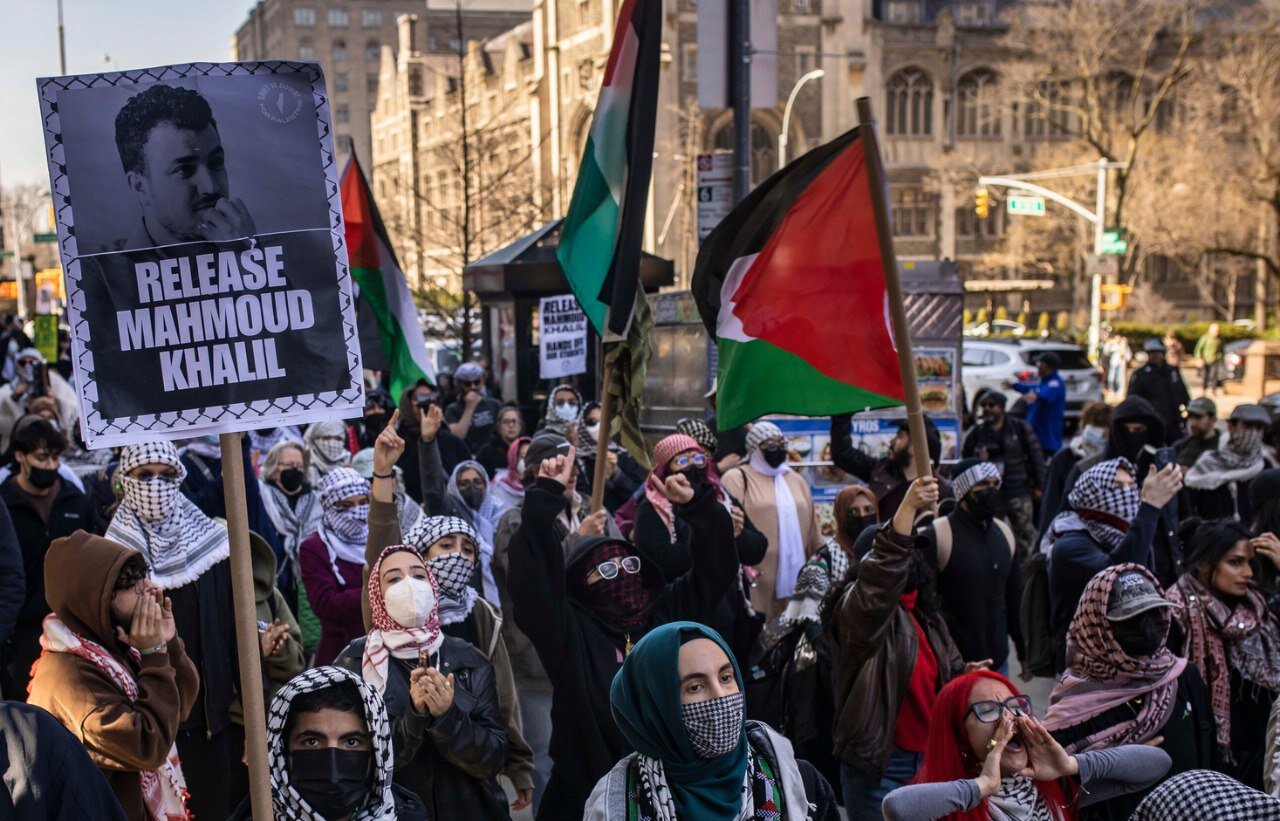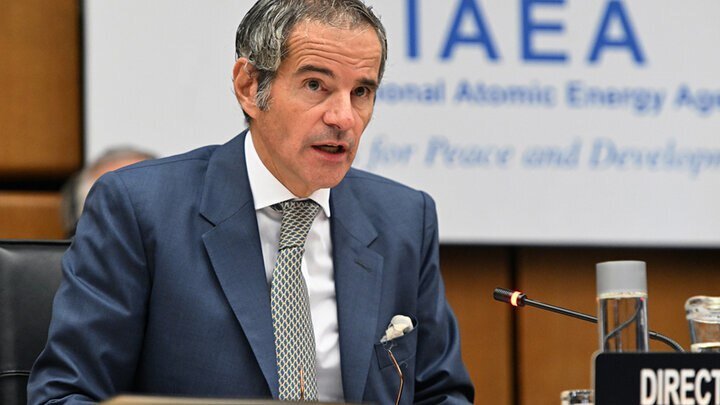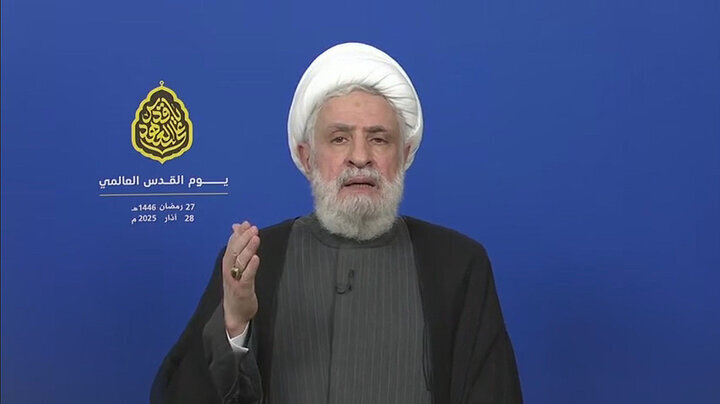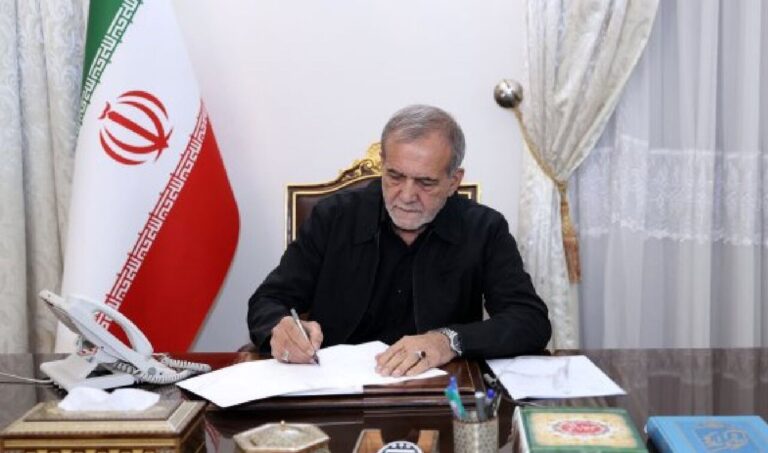Trump’s Censorship Crusade: Silencing Pro-Palestine Voices on College Campuses
In recent months, the policies enacted by the Trump administration during his second presidential term have sparked significant debate regarding freedom of expression, particularly for students in the United States advocating for Palestine and Gaza. These measures, presented as efforts to combat anti-Semitism, have raised alarms about the implications for academic freedom and the treatment of pro-Palestine activists.
In January 2025, President Trump signed an executive order that aimed to address what his administration termed a “surge” in anti-Semitic activities on college campuses. This order instructed federal agencies to investigate civil and criminal actions against students and university staff who support Palestinian liberation or criticize Israel’s actions in Gaza. Notably, the directive sought to identify legal pathways to deport non-citizen students involved in pro-Palestine protests, effectively merging criticism of Israel with accusations of anti-Semitism.
The administration’s policies have resulted in tangible repercussions for student activists. For example, Rumeysa Ozturk, a Turkish student at Tufts University, was arrested by ICE (U.S. Immigration and Customs Enforcement) and had her student visa revoked following her publication of a pro-Palestine op-ed, which was met with an online smear campaign by a pro-Israel lobbying group. Similarly, Mahmoud Khalil, a student at Columbia University, reportedly had both his visa and green card revoked after participating in peaceful campus protests against the conflict in Gaza. In both instances, immigration enforcement was utilized as a tool to punish dissent.
Financial Pressures on Academic Institutions
Beyond targeting individual activists, the Trump administration has applied financial pressure on universities perceived as insufficiently aligned with its policies. Notable instances include:
- Columbia University: Risked losing $400 million in federal funding.
- Brown University: Had a $510 million NIH grant frozen.
- Harvard University: Received an ultimatum with nine demands, including the dismantling of DEI (diversity, equity, and inclusion) programs and a ban on masks at protests, under the threat of losing nearly $9 billion in funding.
- Princeton University and the University of Pennsylvania: Also faced investigations and funding threats.
These institutions are being pressured to amend their internal policies, speech codes, and student regulations in ways that critics argue prioritize federal compliance over academic integrity.
Criticism and Legal Challenges
The administration’s actions have drawn significant criticism from civil rights organizations and legal experts. The American-Arab Anti-Discrimination Committee (ADC) has cautioned that the executive order infringes on First Amendment rights, particularly targeting pro-Palestine activists and undermining essential freedoms of speech and association.
Legal scholars have also pointed out potential constitutional violations, asserting that immigration enforcement based on protected speech is unconstitutional. This has raised substantial concerns about the implications for academic freedom.
Impact on Academic Freedom
The administration’s policies have created an atmosphere of anxiety among faculty and students, especially at esteemed institutions like Harvard University. Faculty members have voiced worries about yielding to political pressure, fearing that compliance with federal demands could jeopardize academic independence and freedom of expression.
The policies regarding student activism are not isolated incidents; they reflect a broader trend of authoritarian governance disguised as national security and anti-hate legislation. By suppressing dissenting voices and weaponizing federal power against academic institutions, the administration is dismantling the very freedoms it professes to support.
If universities, typically seen as bastions of free thought, succumb to this pressure without resistance, the consequences will extend far beyond the Palestinian cause. Today, it pertains to Gaza; tomorrow, it could encompass climate activism, anti-war protests, labor organizing, or any movement that challenges the status quo.
How can the United States champion freedom of expression in countries like Iran, China, or Russia while imprisoning its own students for peacefully protesting the loss of civilian lives in Gaza? How can Washington accuse other nations of suppressing dissent while utilizing ICE to detain foreign students whose only “offense” was advocating for Palestinian rights?
This inconsistency undermines America’s moral authority on the international stage and contradicts the democratic ideals it claims to uphold. As the administration endeavors to win global support, these domestic actions reveal a troubling double standard, raising serious questions about the future of academic freedom and civil rights in the United States.






